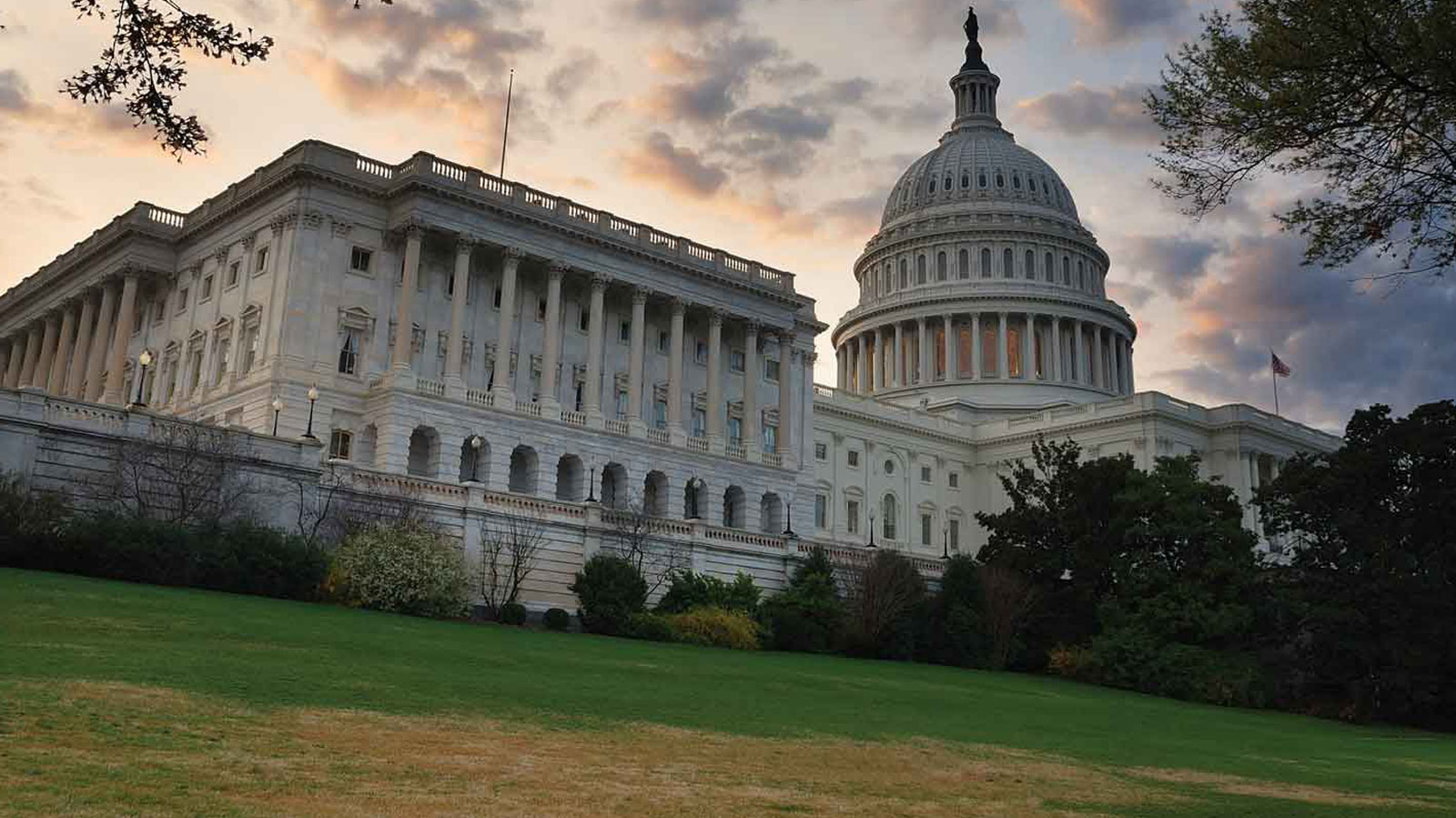
What can Congress do?
We’re monitoring federal action and reporting back on whether our elected officials are acting for or against the public interest.
Together we can make sure tax and budget decisions reflect our shared priorities and balance competing values.
We’re monitoring federal action and reporting back on whether our elected officials are acting for or against the public interest.
Columbus, Ohio – Due to Congressional inaction, the interest rates on federally subsidized student loans doubled on July 1 from 3.4 percent to 6.8 percent. The change will affect 361,857 students in Ohio, and increase student debt by $890 per student, per loan. However, because most new student loans are issued in August and September, Congress can still pass a retroactive fix.
April 4, COLUMBUS – With Tax Day approaching, it’s a good time to be reminded of where our tax dollars are going. Ohio PIRG was joined today by Brian Rothenberg of ProgressOhio to release a new study which revealed that the average Ohio taxpayer in 2012 would have to shoulder an extra $700 in taxes to make up for the revenue lost due to the use of offshore tax havens by corporations and wealthy individuals.
COLUMBUS, February 11 – As advocates and policy makers across the state analyze the voluminous state budget proposed last week, the Ohio Public Interest Research Group (Ohio PIRG) released a new study revealing that Ohio lost $707 million due to offshore tax dodging in 2012. Many of America’s wealthiest individuals and largest corporations, including Kroger, P&G, and Cardinal Health in Ohio, use tax loopholes to shift profits made in America to offshore tax havens, where they pay little to no taxes.
Cincinnati received a grade of “B+” for spending transparency, according to a new report released today by the Ohio PIRG Education Fund. The report reviews Cincinnati’s progress toward comprehensive, one-stop, one-click budget accountability and accessibility.
Statement of U.S. PIRG Public Health Advocate Elizabeth Hitchcock on the House Appropriations Committee’s vote to approve an amendment to the 2012 Agriculture appropriations bill to limit agriculture subsidies called direct payments to farmers with adjusted gross incomes lower than $250,000.